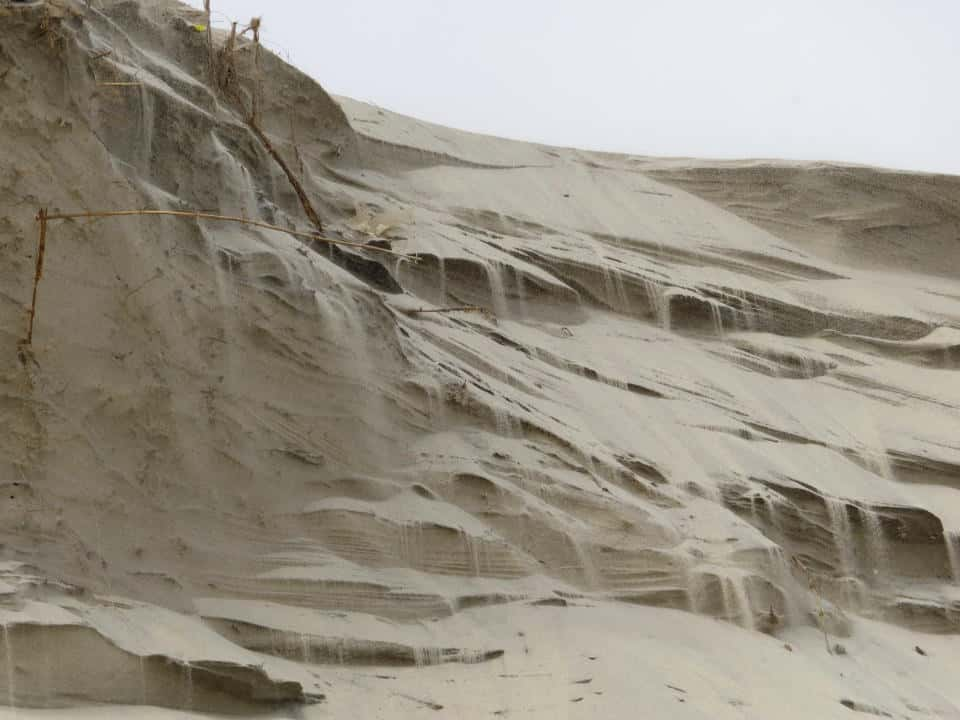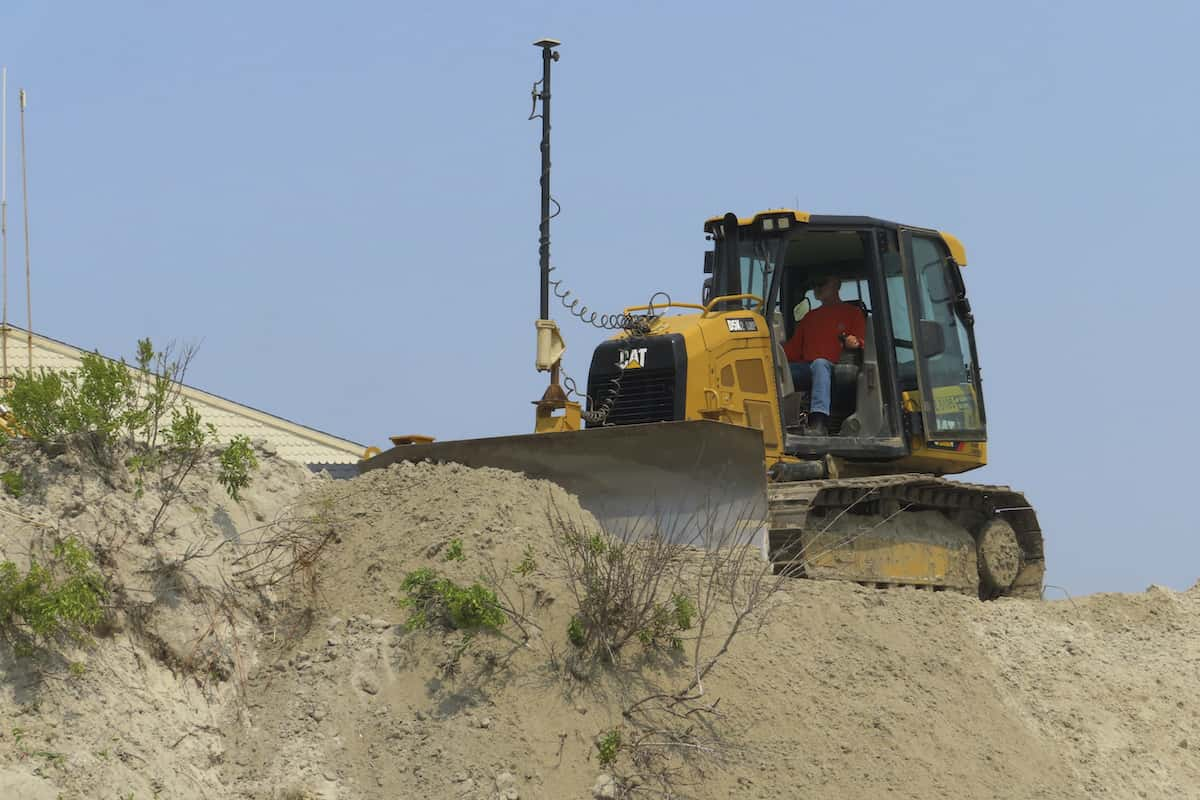The New Jersey Department of Environmental Protection (DEP) has accused North Wildwood of carrying out unauthorized repairs to its eroding dunes on June 5, in violation of a court order and without state approval.

North Wildwood continues to defy state environmental officials by bulldozing sand on its beach to combat erosion, even after facing fines totaling $12 million
DEP Commissioner Shawn LaTourette has expressed his bewilderment at the city’s actions, condemning their “destructive and illegal conduct.” In an attempt to resolve the ongoing dispute, LaTourette has offered North Wildwood officials a final opportunity to avoid further penalties. He has warned that the city’s behavior puts future funding for beach protection projects in jeopardy. However, Mayor Patrick Rosenello places the blame on the state, claiming they have failed to provide the same level of support for beach replenishment that other areas along the Jersey Shore have received for years.
Undeterred by fines and threats, North Wildwood has taken legal action against the state, seeking $21 million in compensation for the cost of bringing sand to its eroded beaches over the past decade
The conflict between the city and the state stems from North Wildwood‘s position as the last in line for beach replenishment by the U.S. Army Corps of Engineers, partially due to difficulties in obtaining necessary approvals from property owners. Although a long-awaited replenishment project is scheduled for 2025, the city has taken matters into its own hands, often without state permission, to protect its eroded beaches.
The DEP argues that each instance of moving sand with heavy equipment has further weakened the dunes, exacerbating erosion and causing damage to natural habitats. While the parties reached a temporary agreement in May to conduct emergency repairs, the state did not approve the subsequent dune work on June 5. Despite the city’s claim that it informed the DEP in advance, the state insists that North Wildwood must immediately cease its illegal activities, as they pose risks to public safety, the environment, and future financial support for shore protection.




